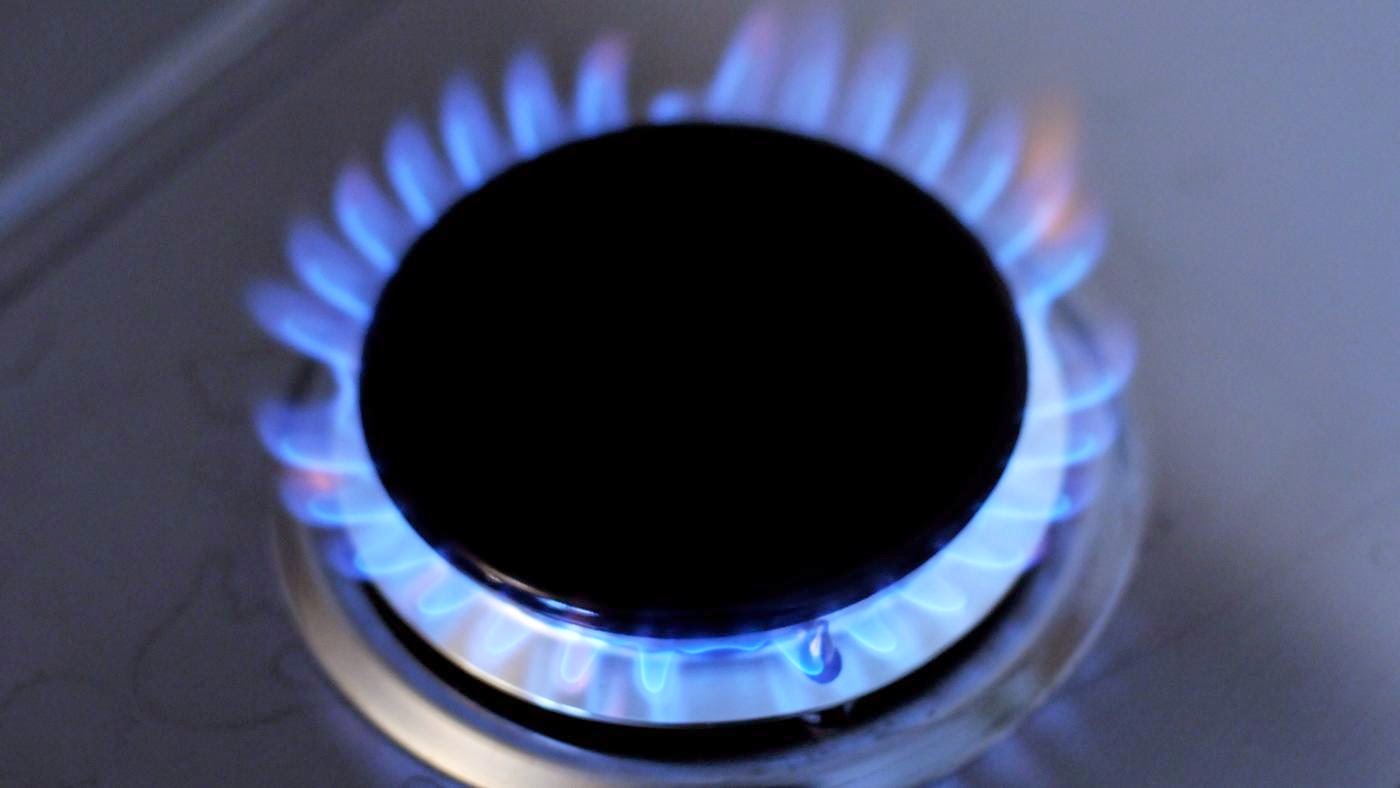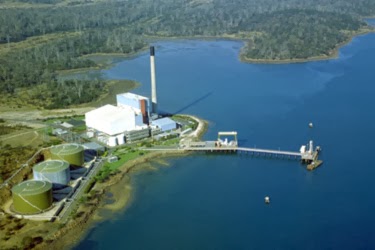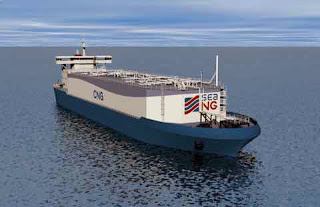Natural gas is undoubtedly beneficial to us. That's why the great demand of using it is increasing nowadays. Natural gas can be used in businesses, used to fuel vehicles and other transportation utilities, we use it for cooking our foods and a lot more. Because of these, the need for natural gas to be transported in the market has been widely increasing as well. On the other hand, natural gas has its own perils too. No matter how important it is for businesses and homes, there are disadvantages of using natural gas as well.
 |
| Image Credit: ask(dot)com |











